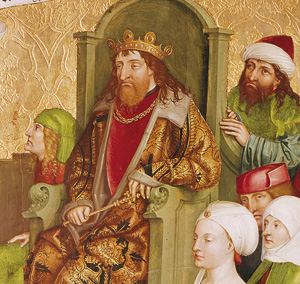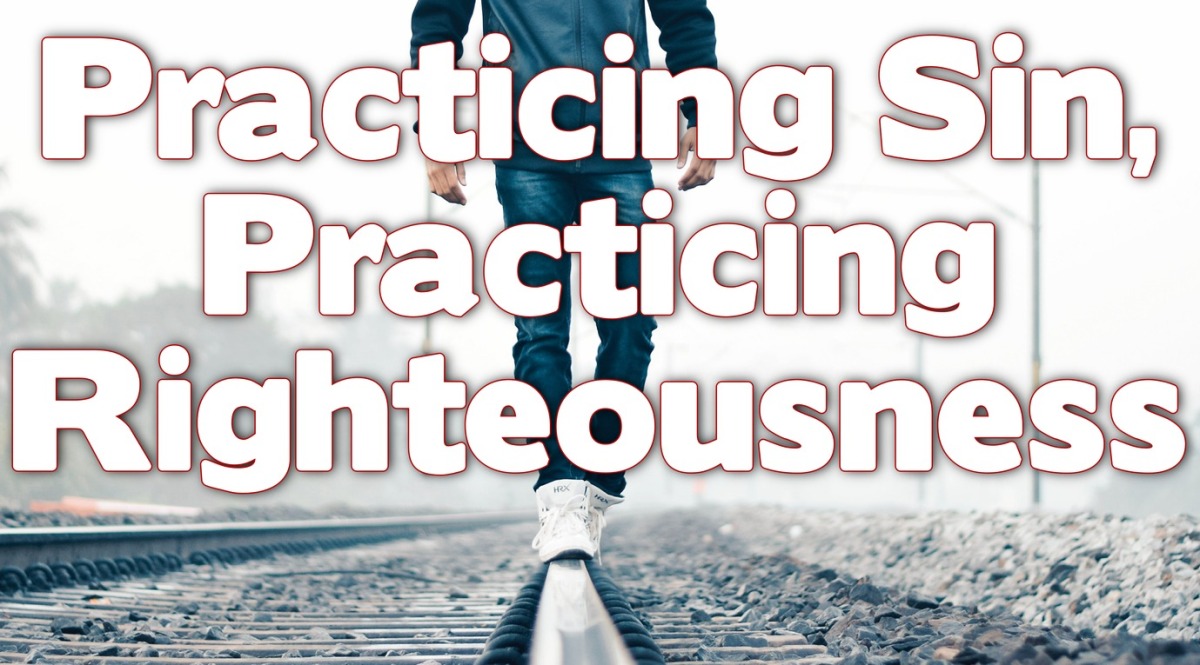Who Is God?
Many people wonder, “Who Is God?” He is often thought of as a spirit being and independent of the material creation, while pantheism holds that he is the universe itself. Many believe “there are many such gods” (1 Corinthians 8:5 REB).
This article does not claim to be all-inclusive, but these are some of the primary things we are told in the scriptures about the Almighty, such as who and what he is, but also about what he is not.
“He, Shaddai (Almighty), is far beyond our reach. Supreme in power, in equity, excelling in saving justice, yet no oppressor”—Job 37:23 NJB








